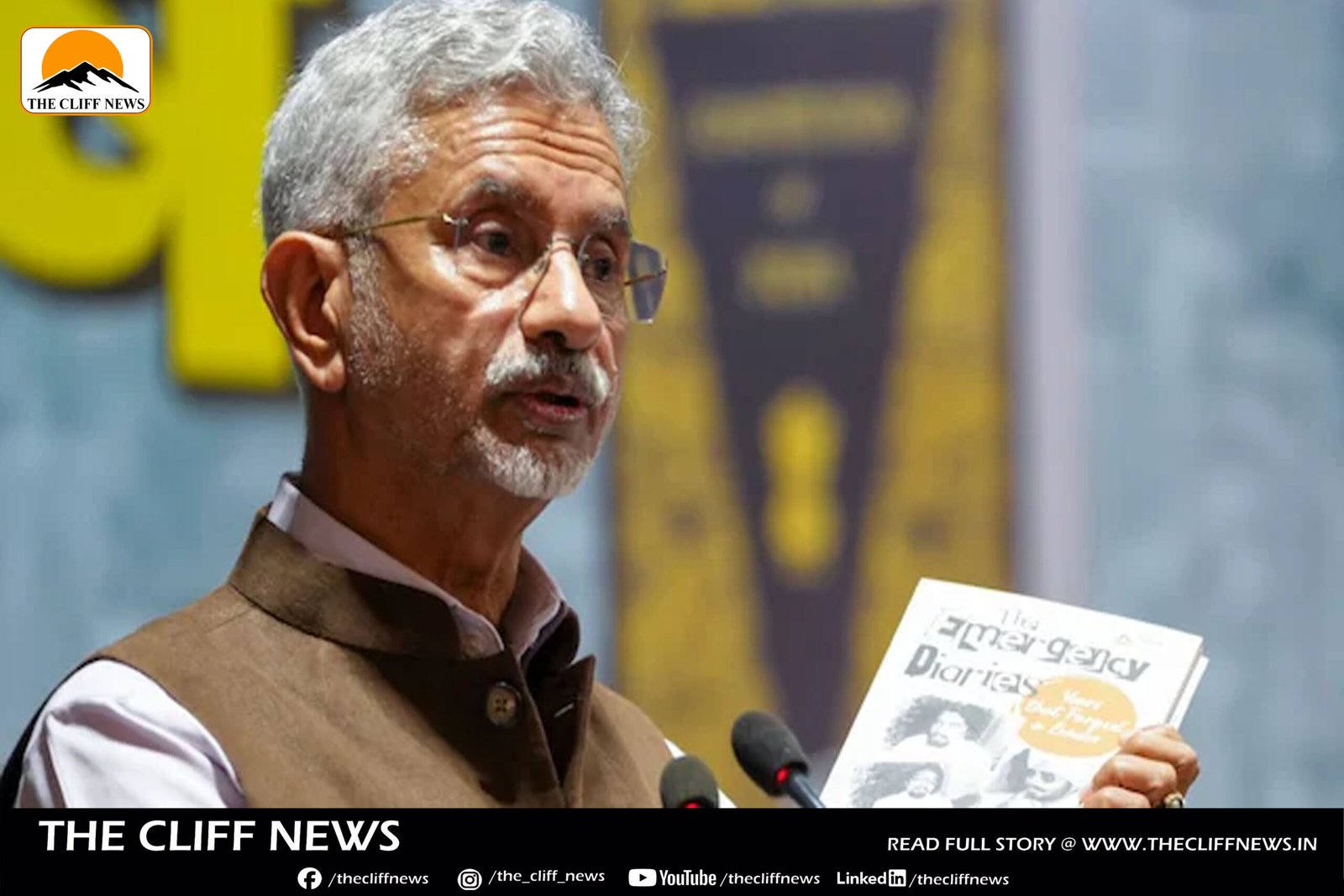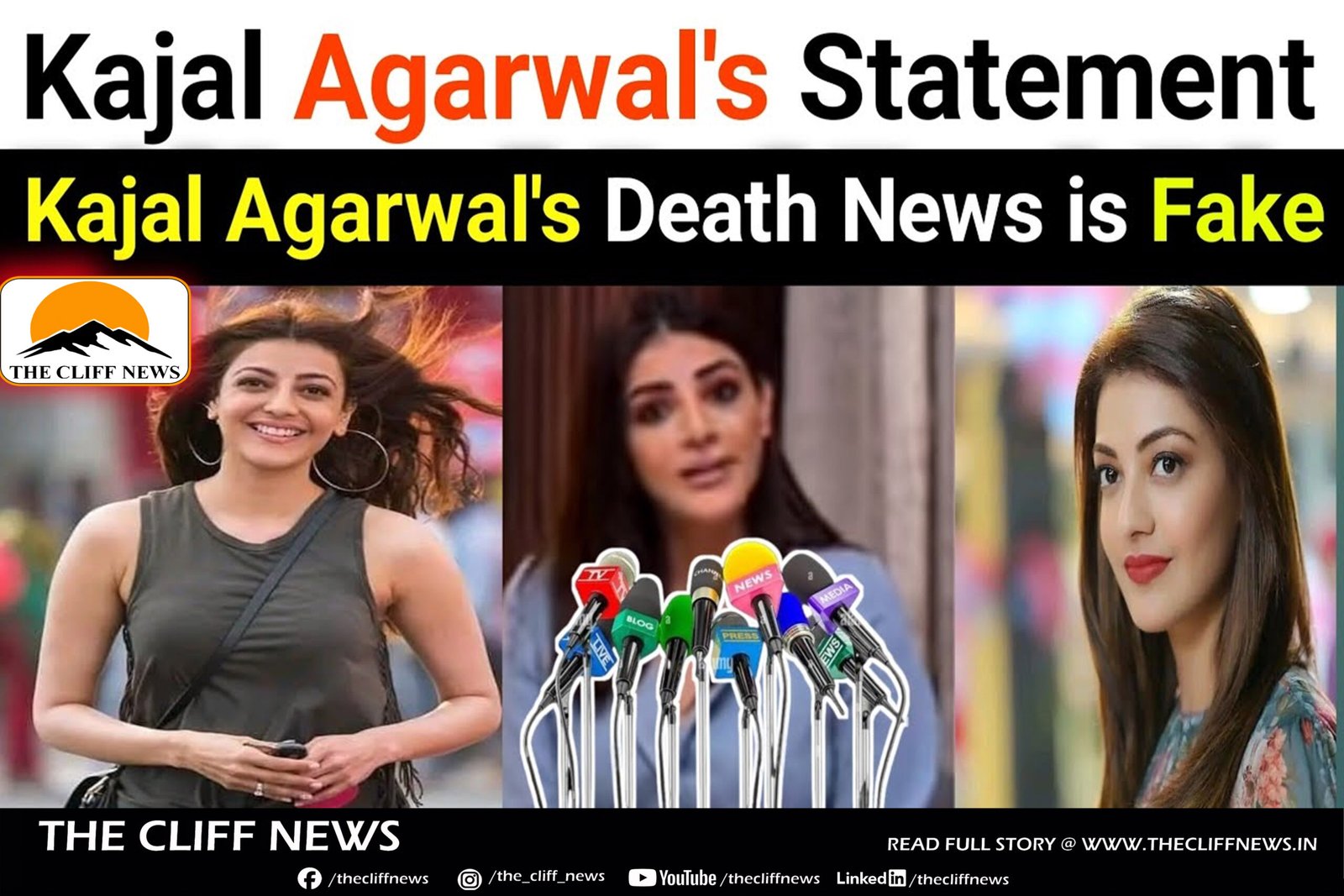External Affairs Minister S. Jaishankar on Friday strongly criticized the Gandhi family over the imposition of the Emergency in 1975 by then Prime Minister Indira Gandhi, calling it an act driven by a sense of entitlement and arrogance. He asserted that the Emergency happened because “a single family considered itself bigger than the nation.”
Jaishankar was speaking at the inaugural event of the Mock Parliament organised by the Bharatiya Janata Yuva Morcha (BJYM) to mark 50 years since the Emergency. Referring to the satirical film Kissa Kursi Ka, he said, “The three words in the film’s title sum up the reason behind the Emergency – it was all about clinging to power.”
“When a family considers itself above the nation, things like the Emergency take place,” he said.
“The one lesson the Emergency taught us is – never take freedom for granted.”
Impact on Society and Democracy
The minister highlighted the widespread impact of the Emergency beyond politics. “It was not just a political crackdown. The aim was to break the morale of society. People were arrested without trial, not knowing if or when they would be released,” he said.
He further pointed out that many who weren’t even politically active were affected. “Those who were politically involved knew arrest was inevitable. Those who weren’t were still not spared.”
Backdrop of the Emergency
Jaishankar outlined the political background of the time, stating that although Indira Gandhi won the 1971 elections, her government quickly became unpopular due to corruption and inflation. He said, “There were public agitations in Gujarat and Bihar, and serious questions were being raised about the business dealings of the then ‘yuvraj’.”
The turning point came when the Allahabad High Court ruled Indira Gandhi guilty of electoral malpractices and misuse of government machinery. Instead of resigning or accepting the verdict, she imposed the Emergency, and the then-President Fakhruddin Ali Ahmed signed the proclamation.
Civil liberties were suspended, the press was gagged, and political opponents and activists were thrown into jail, marking what Jaishankar described as the “darkest day of Indian democracy.”
Indirect Swipe at Rahul Gandhi
In a veiled reference to Congress leader Rahul Gandhi, Jaishankar remarked that some people may be “carrying the Constitution in their hands, but their intentions are different.” He said political parties have their own “DNA”, and that the Congress party has never expressed regret for the Emergency or acknowledged it as a mistake.
Samvidhan Hatya Diwas
This year marks 50 years of the Emergency, imposed on June 25, 1975. Prime Minister Narendra Modi has reportedly directed that legal records of the Emergency period be preserved for historical purposes.
In concluding remarks, Jaishankar stated,
“The people of India remember this day as Samvidhan Hatya Diwas. On this day, the Indian Constitution was set aside, press freedom was extinguished, and thousands of political leaders, students, and citizens were jailed.
It was as if the government placed democracy itself under arrest.”



